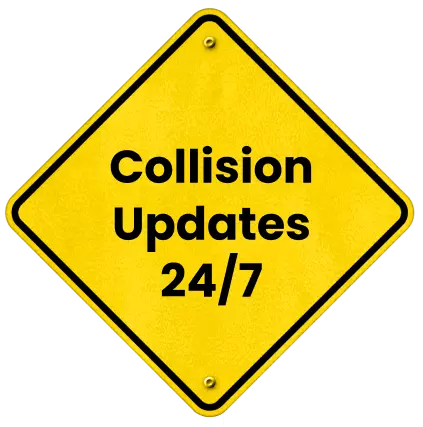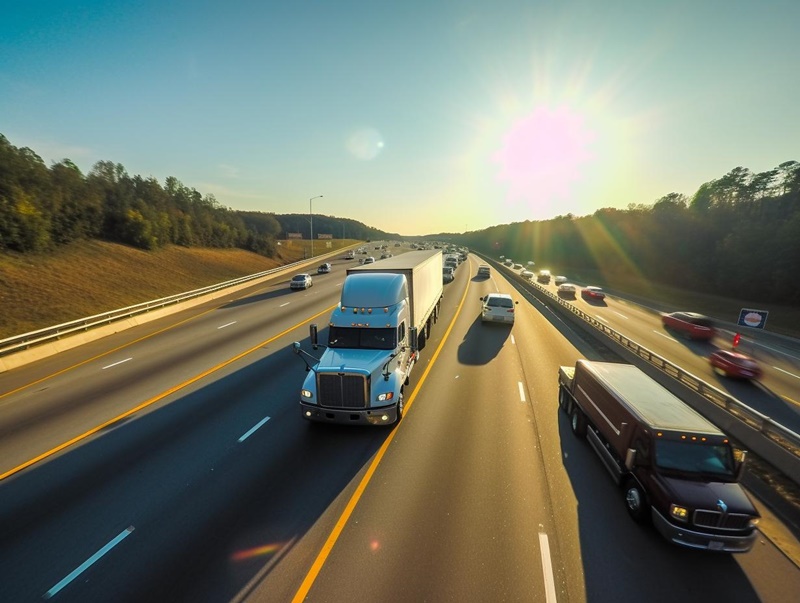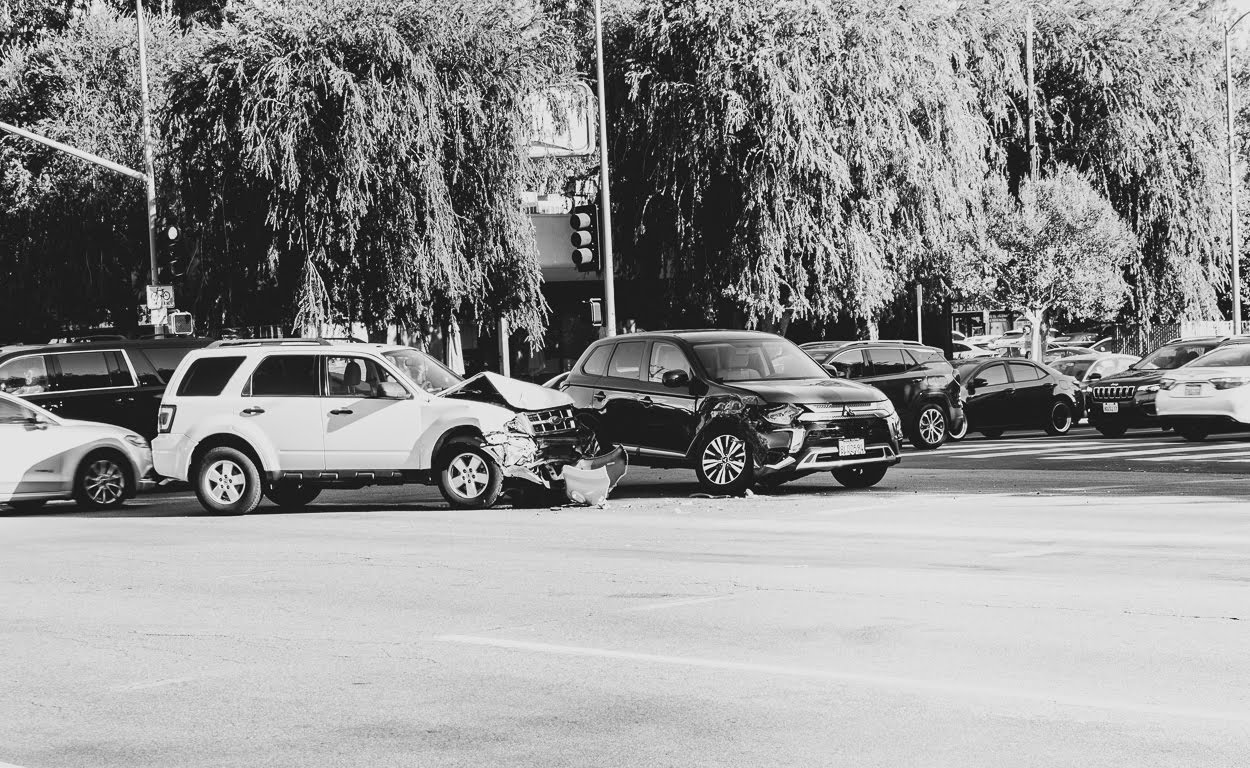
How PIP Insurance Can Help After an I‑5 Car Crash


Car accidents along I‑5 can be sudden and overwhelming, leaving drivers and passengers with medical bills, lost wages, and uncertainty about the recovery process. For many crash victims, personal injury protection (PIP) coverage provides crucial financial assistance in the immediate aftermath of an accident.
PIP coverage is designed to provide quick access to medical treatment and essential expenses, often without waiting for liability to be determined. It can cover emergency care, rehabilitation, lost wages, and certain household services, offering relief during a stressful period. For those filing an I-5 PIP insurance claim, this protection ensures that necessary resources are available while dealing with the emotional and physical impacts of a crash.
Whether traveling through Portland, navigating Salem, or commuting across Southern California, understanding how PIP works and how it applies to your situation can make a significant difference in securing timely care and financial stability.
Key Benefits of PIP Insurance
PIP insurance can help drivers and passengers recover more quickly while reducing financial stress after a car accident. Its primary benefits include coverage for medical expenses, such as hospital bills, surgery, physical therapy, and follow-up care, regardless of who caused the crash. It also reimburses a portion of lost wages if injuries prevent victims from working and provides funds for household assistance, including childcare, cleaning, or other essential tasks made difficult by injuries.
Some policies even include limited coverage for funeral costs in the unfortunate event of a fatal accident. Additionally, PIP offers faster access to funds compared to traditional liability claims, which can take months to resolve. Having this coverage can prevent financial hardship and allow crash victims to focus on their recovery instead of immediate out-of-pocket expenses.
State-Specific Variations on I‑5
I-5 spans California, Oregon, and Washington, and each state treats PIP coverage differently. Knowing these differences is critical for filing a PIP coverage CA, OR, WA claim effectively.
-
California
California does not mandate PIP coverage. Instead, drivers can opt for medical payments coverage (MedPay), which only covers medical expenses. Without MedPay, crash victims must rely on personal health insurance or pursue claims against the at-fault driver. MedPay does not cover lost wages or household assistance, making it less comprehensive than PIP in Oregon or Washington.
-
Oregon
Oregon requires PIP coverage in all auto insurance policies. Minimum benefits generally include $15,000 per person for medical expenses and partial wage replacement (70% of lost income up to state limits). Household assistance is also included, providing comprehensive support for those injured in an I-5 car crash near Portland, Salem, or Eugene.
-
Washington
Washington requires insurers to offer PIP, but drivers may opt out. PIP in Washington typically covers $10,000 in medical costs, lost wages, and funeral expenses. Having this coverage can be especially valuable for I-5 crash victims near Seattle, Tacoma, or Olympia, where traffic congestion and high-speed collisions increase the risk of injury.
Safety Measures That Reduce the Need for Claims
While PIP provides valuable assistance, preventing accidents in the first place is always preferable. Drivers along I-5 can reduce risk by:
- Avoiding distracted driving, including phone use or other activities behind the wheel.
- Maintaining safe following distances, especially in high-traffic areas.
- Adjusting speed for weather, traffic, and road conditions.
- Ensuring vehicles are well-maintained, including brakes, tires, and lights.
- Using seatbelts and other safety devices consistently.
Motorists who adopt these measures not only protect themselves but also reduce the strain on insurers and PIP claims processes.
Local Risks on I-5 That Highlight PIP Importance
I-5 is one of the busiest highways in the western United States, carrying everything from local commuters to commercial trucks. Certain segments present increased hazards that make PIP coverage essential:
- Southern California: Dense traffic, high-speed accidents, and construction zones near Los Angeles and San Diego.
- Oregon: Fog, rain, and slick surfaces in Portland, Salem, and the Willamette Valley contribute to chain-reaction crashes.
- Washington: Winter weather in northern segments and congestion around Seattle and Tacoma increase the likelihood of multi-vehicle collisions.
Understanding these risks helps drivers and passengers appreciate why PIP coverage is more than just a legal requirement; it is a tool for financial stability and medical support after an accident.
Filing a PIP Insurance Claim After an I‑5 Accident
After an I‑5 accident, taking quick action to file a PIP insurance claim is essential to ensure that medical expenses and lost wages are addressed while liability is determined.
The process typically begins by notifying your insurance company as soon as possible and submitting all relevant medical records, bills, and treatment plans. Proof of income is required for wage replacement claims, and you may also need to complete forms detailing the accident and your injuries.
Because I‑5 accidents often involve multiple vehicles, commercial trucks, or out-of-state drivers, PIP coverage serves as a critical safety net, helping victims manage immediate financial needs while liability disputes are resolved.
How PIP Interacts With Personal Injury Cases
While PIP provides immediate financial relief after an accident, it can also influence long-term personal injury claims. Insurance companies may seek reimbursement for benefits paid if victims later recover damages from at-fault parties, a process known as subrogation. This helps prevent duplication of coverage but can impact the overall settlement.
Other considerations for those pursuing personal injury claims include coordinating with health insurance to avoid overlapping benefits, understanding repayment obligations to the insurer for PIP benefits, and complying with state-specific statutes of limitations for filing claims or lawsuits. An attorney experienced with personal injury protection I‑5 crash claims can guide victims through these complexities, ensuring timely filing and helping maximize potential recovery.
Legal Guidance After an I-5 Crash
Navigating PIP coverage and personal injury claims after an I‑5 crash can be challenging without professional guidance. An experienced attorney can review your policy to clarify PIP benefits, ensure timely claim submission, and protect your rights if subrogation occurs. They can also assist in pursuing additional compensation when injuries are severe, helping maximize recovery while minimizing delays or complications.
If you or someone you care about has been injured in a crash, you can contact an I‑5 accident lawyer who can guide you through both PIP claims and personal injury proceedings, safeguarding your legal and financial interests during this difficult time.







